INDIGENOUS voices have raised eyebrows over the $260 million mining contract between Hwange Colliery Company Ltd and a Portuguese firm, Mota-Engil saying that it lacks moral wisdom. Concern has been raised on why the company contracted a foreign firm whose operations will result in chunks of cash being stashed in offshore accounts at a time the local industry and financial sectors urgently need capital injection.
Zimbabwe is reeling from a liquidity crunch evident in the growing number of local firms closing shop and sending home thousands of workers. Concerns being raised in the market against the multimillion-dollar deal border on the observation that being a Portuguese company, Mota-Engil will make the financially sound decision of keeping any proceeds from the coal resource in more secure financial markets abroad.
"It's understandable that there is an urgent requirement to engage a contractor with financial muscle but presently the overriding factor is our need for capital injection as an economy by engaging locally based contractors.
"There is a more urgent need to ensure that the whole deal is not tantamount to evacuating cash from an economy already on its knees due to the liquidity crunch," said one observer.
Newly appointed Mines and Mining Development Minister Walter Chidhakwa recently went on record advocating localised procurement systems by mining companies as a way of generating the spider web effect to keep cash within Zimbabwean borders for the much needed downstream industrial effect, a policy position applauded by players in the local mining services sector.
Hwange is a game changer economically and the drama playing out in the coal-rich town has national implications.
The devastating impact of illegal Western sanctions places immense pressure on the Government to enter into deals that as much as possible attract capital into the country but, more importantly, keeps the cash circulating within the country as a lifeline for other sectors especially in agriculture and small to medium enterprise development.
But Hwange's tenacity in awarding a key contract to a firm from a member of the EU, an economic bloc maintaining illegal economic sanctions on Zimbabwe, has caused uproar from mining services suppliers and indigenous contractors.
"It's shocking, to say the least, local service providers should not have to jostle for business in competition with firms who have committed such atrocities on our people.
"We have no business helping a foreign firm to activate business in their country through offshore accounts in Portugal while that country is doing everything in its capacity to squeeze the life out of our economy through illegal sanctions," another observer said.
Hwange Colliery is facing capitalisation challenges stemming from an operational budget which surpasses production output owing to the old machinery and a bloated workforce.
Workers have gone for over five months without salaries. When business mogul Nicholas van Hoogstraten dangled a $50 million loan in exchange for a controlling stake at Hwange, worker representatives lamented the lack of socially sustainable solutions to protect workers' existing contracts with the mining giant from cut-throat business-minded foreign contractors.
Mota-Engil will reportedly take over a few of the workers and it remains unclear what plan there is for the majority of the labour force.
As the hunt continues for lasting solutions at Hwange, economic analysts who spoke on condition of anonymity said it appears the whole search strategy is guided more by boardroom interests ahead of real strategic and viable business decisions.
The mining giant has a $160 million debt, largely owed to local service contractors and suppliers, most whom have indicated it is not fair for Hwange Colliery to bleed locals into debt, then ditch them to engage foreigners without any plan to service the local debt.
Some of the indigenous players in the mining sector submitted that Hwange's deal with Mota-Engil is tantamount to treason.
"With this kind of treatment, our indigenous players will never grow to compete with foreign players if there are not capacitated through timely payments for services rendered.
"How does a whole entity like Hwange enter into supply agreements with our loyal local service suppliers and then, without paying them for their services, go into partnerships with foreigners without so much as a strategy for servicing the existing debts - it's just bad corporate governance which needs to be arrested in the boardroom.
"But we read that the board actually approved this deal with another wholly foreign company and we realise the rot is coming from the boardroom - which places our hopes on the new minister to rein in on this mischief.
"These local contractors have workers to pay - our own Zimbabwean workers with families to feed."
Zimbabwe needs to leverage the resource sector as a way to attract capital inflows towards the financial services sector.
There is anxiety that the decision by the Hwange board to deal with Mota-Engil against the alternative of locally based indigenous corporates is just going to be one foreign company eager to cherry pick on local resources with no real patriotic desire to share the burden of growing the economy.
- herald
 Parliament apologises to Mnangagwa
Parliament apologises to Mnangagwa  SA decry 'non-existent' Beitbridge border post security
SA decry 'non-existent' Beitbridge border post security  Millions celebrate Diwali festival in India
Millions celebrate Diwali festival in India  Zimbabwe's dollar stock exchange surges 45%
Zimbabwe's dollar stock exchange surges 45%  Gold edges up as traders await guidance
Gold edges up as traders await guidance  Karo Platinum Project capex rises to US$546m
Karo Platinum Project capex rises to US$546m  Young Investment Professional (YIP) Graduate Programme 2019
Young Investment Professional (YIP) Graduate Programme 2019 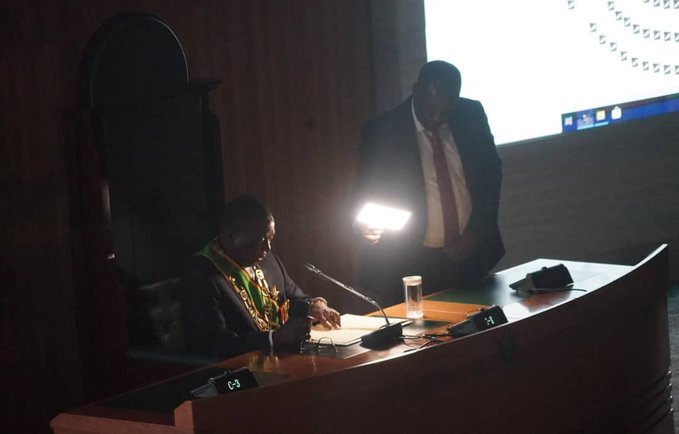
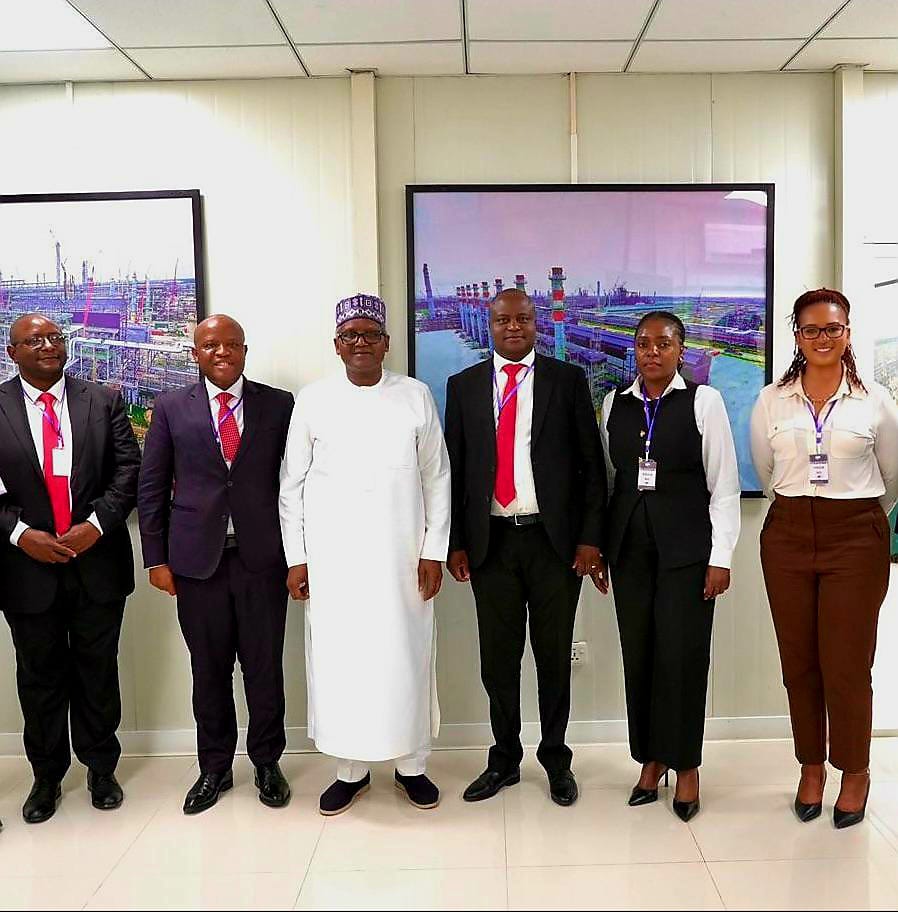
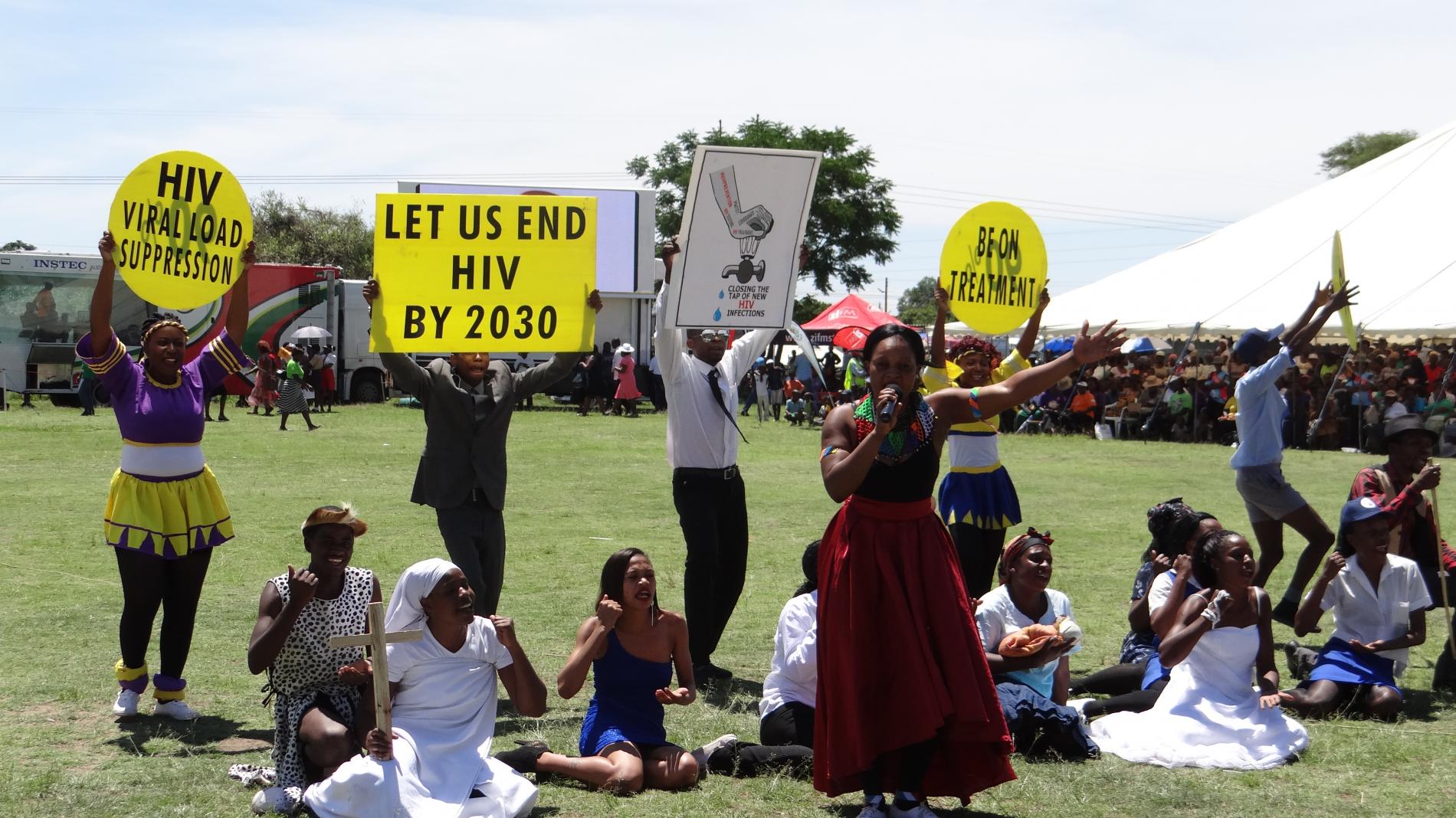
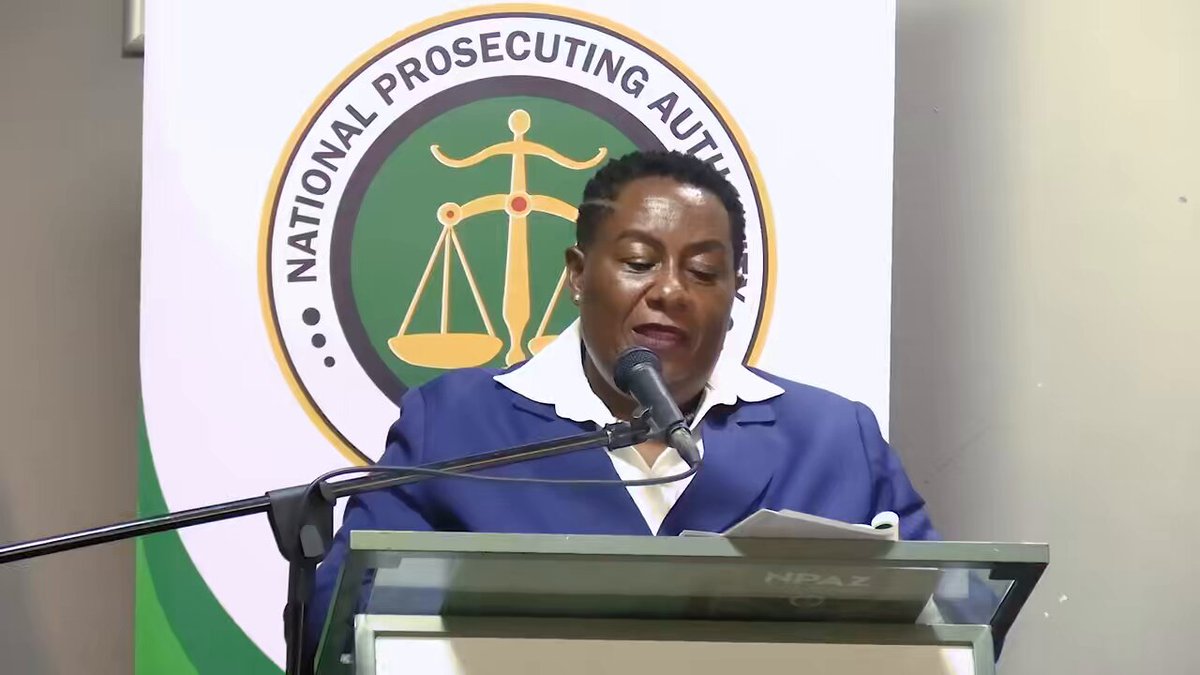


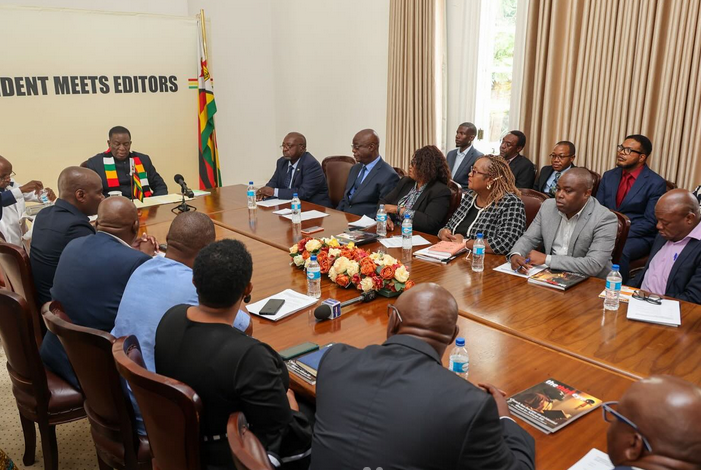
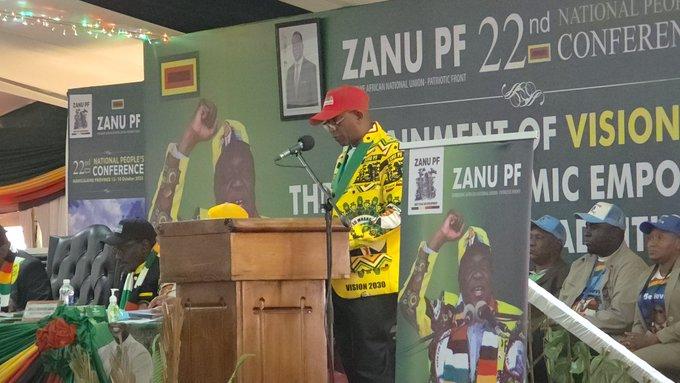
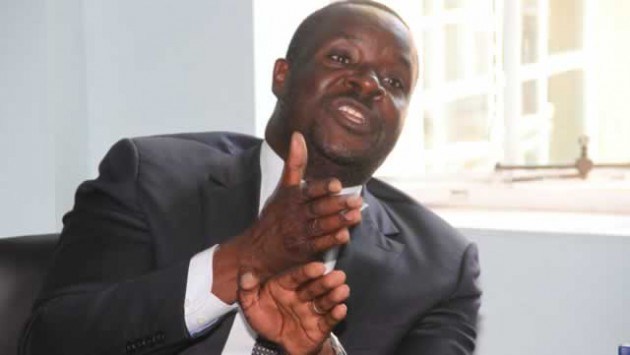


 Young Investment Professional (YIP) Graduate Programme 2019
Young Investment Professional (YIP) Graduate Programme 2019
Editor's Pick